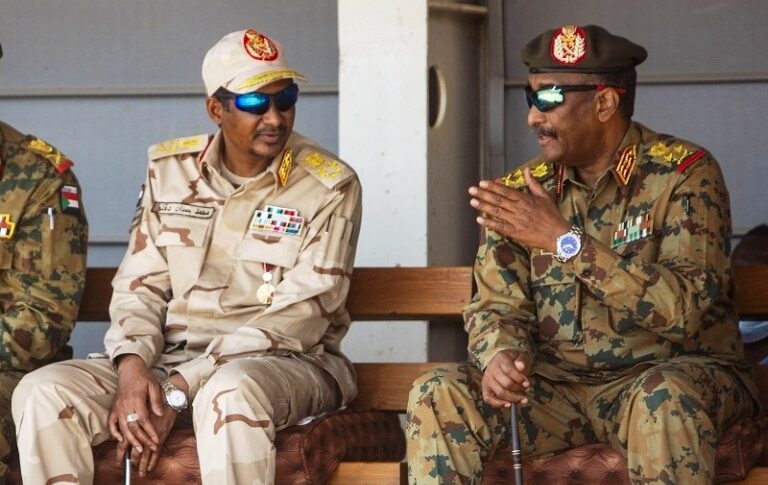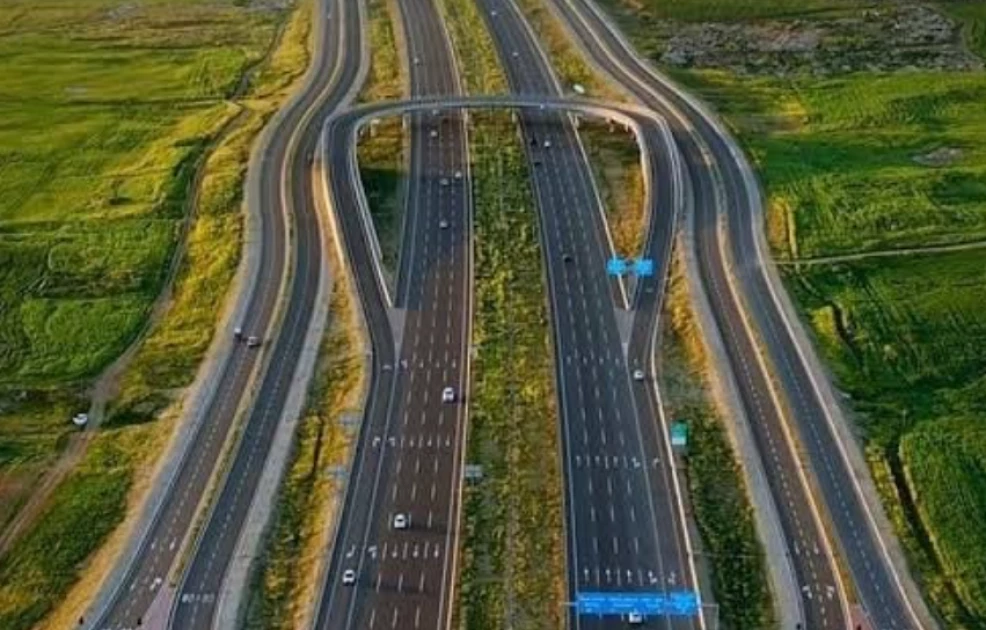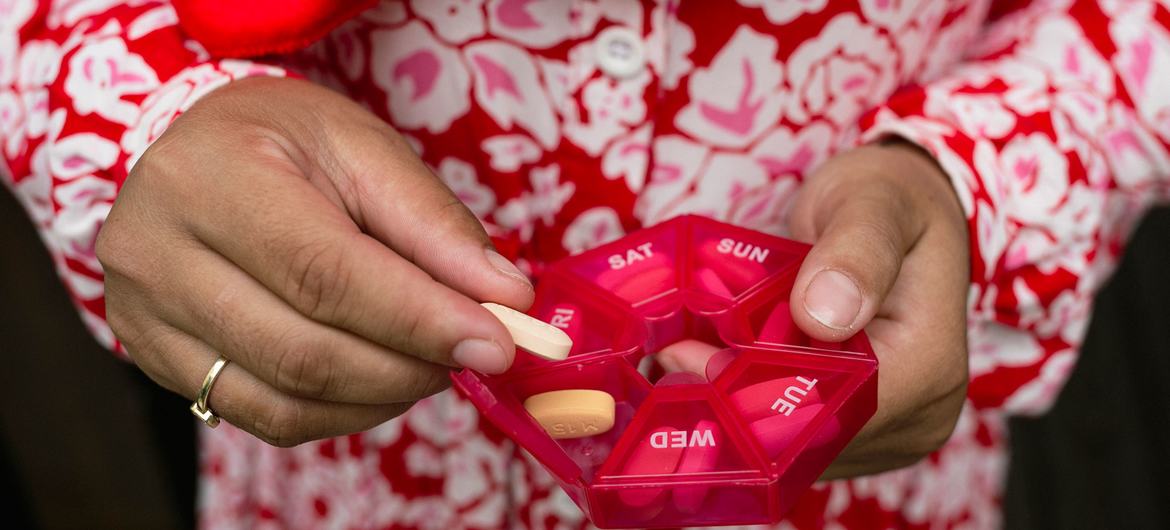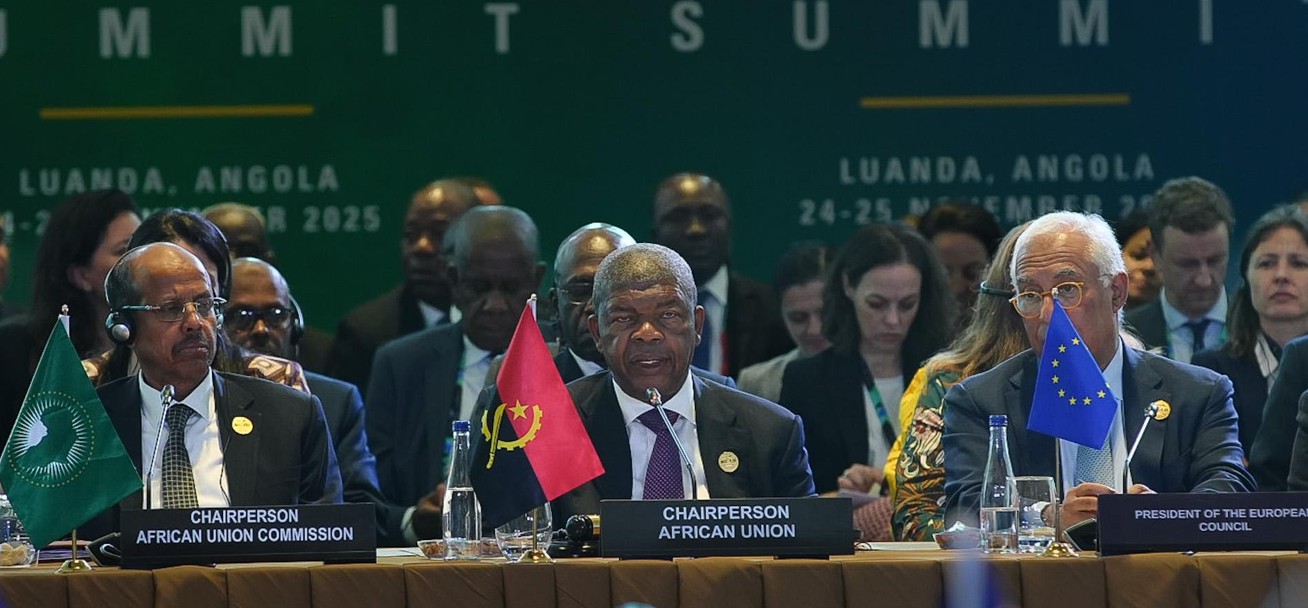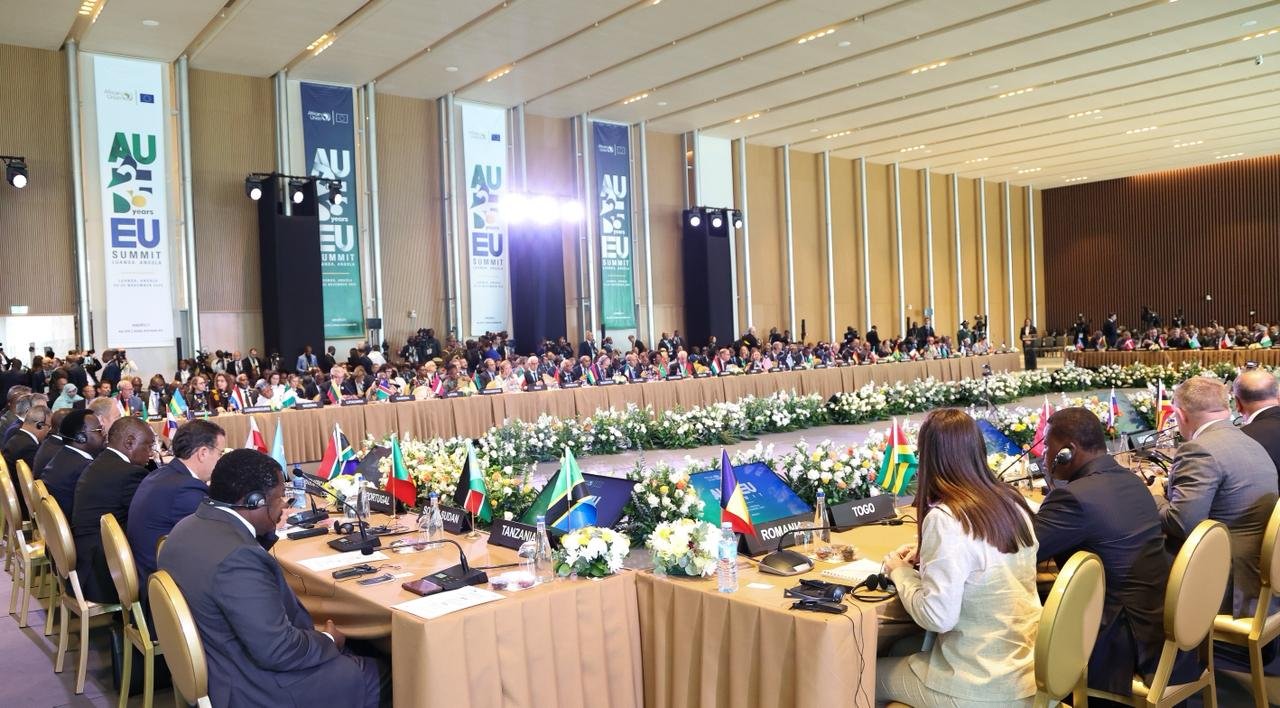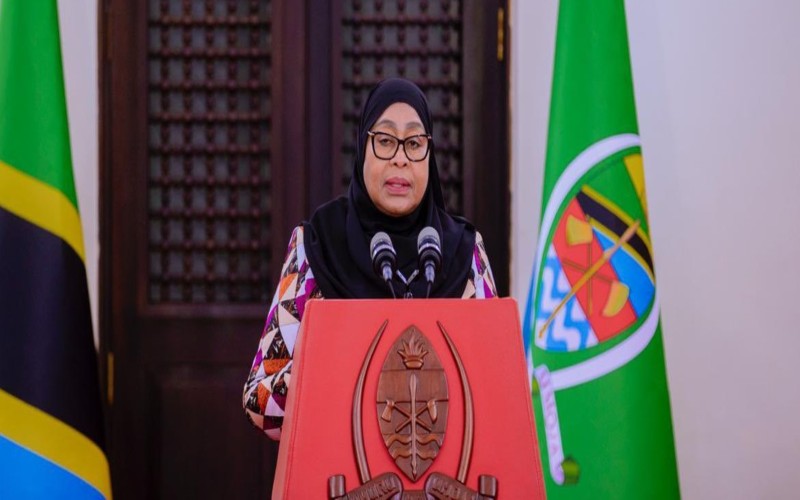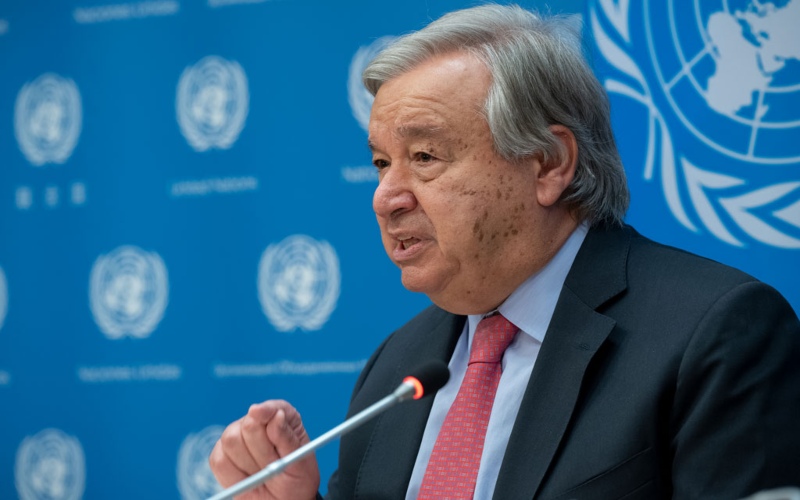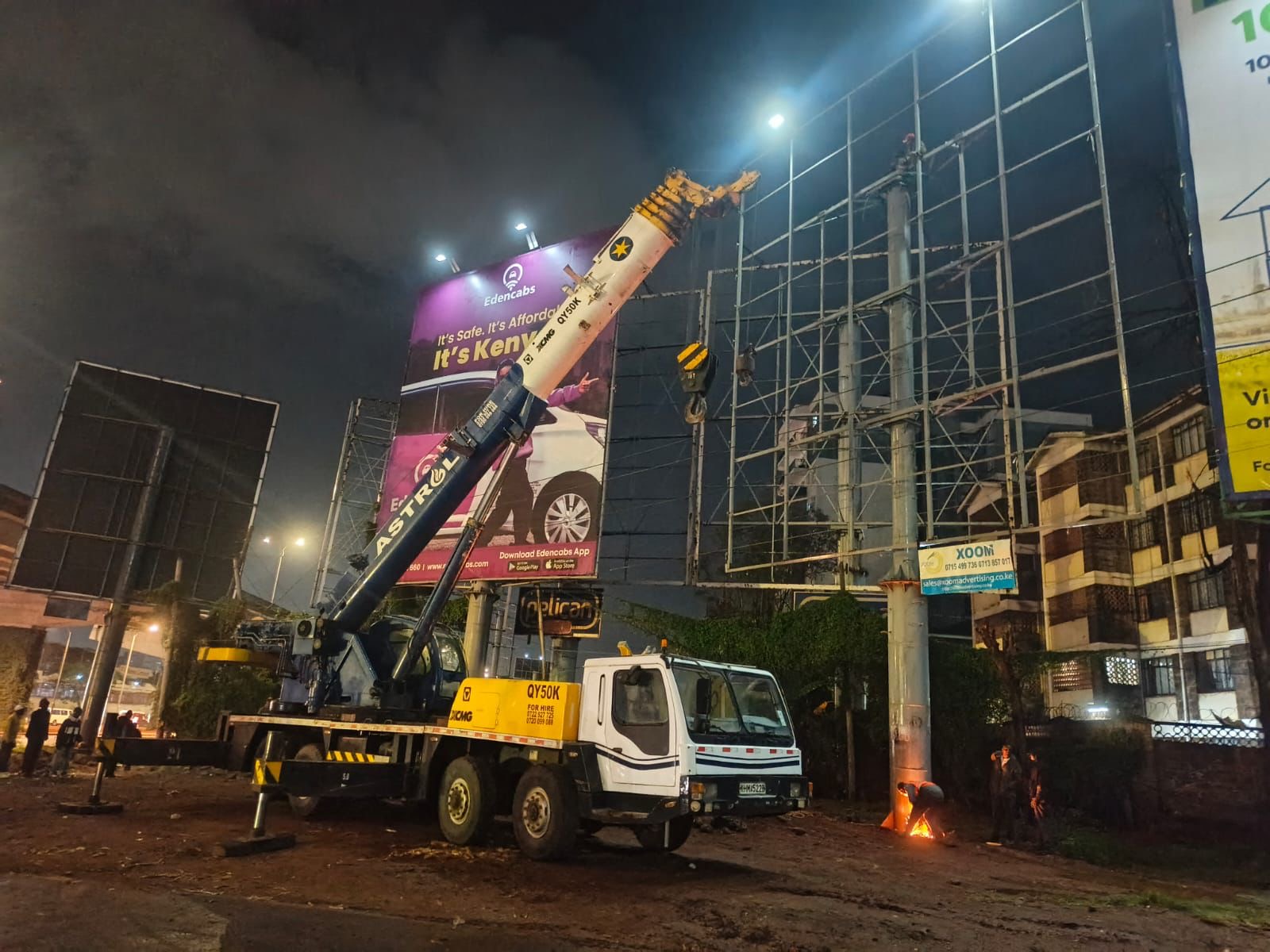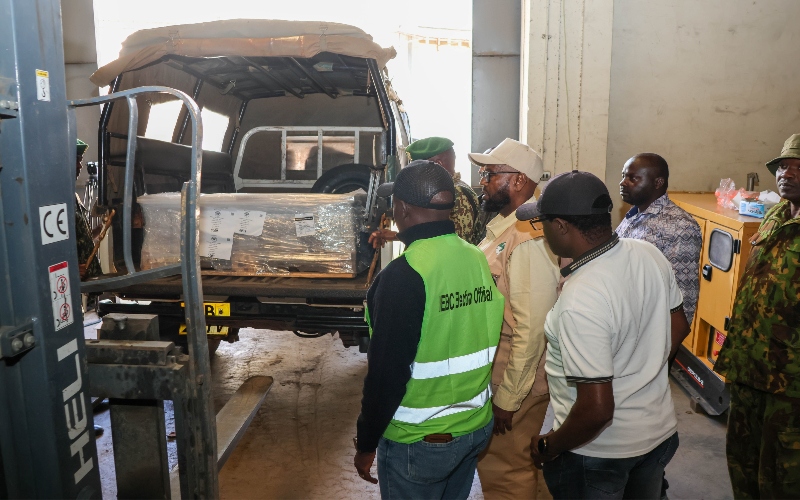UN limits fuel stock in Gaza to life-saving efforts, urges Israel to allow fuel in without delay
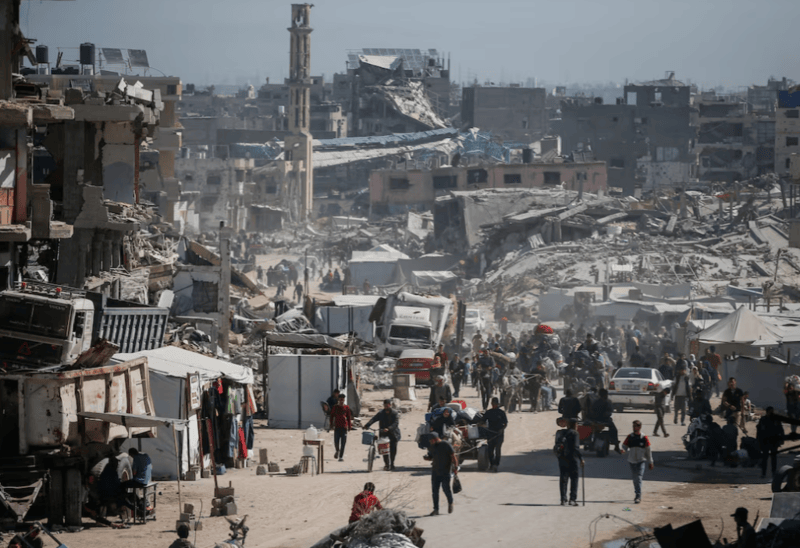
This latest crisis, the humanitarians said, comes as civilians in Gaza face deadly violence not only from the continuing hostilities but also, reportedly, while going to retrieve food aid in the face of starvation.
Four months into an Israeli blockade on Gaza, virtually all the United Nations' remaining fuel stock in Gaza has been allocated to just life-saving efforts, UN humanitarians said on Monday.
"Service providers such as hospitals have been rationing supplies. But this cannot sustain critical operations for much longer," the UN Office for the Coordination of Humanitarian Affairs (OCHA) said. "The absence of accessible fuel means no ambulances, no electricity for hospitals, and no clean water."
More To Read
- Two tables, one war: Life amid ceasefire in Israel and Gaza
- Gazans continue heading home as ‘fragile ceasefire’ holds
- Mombasa faith groups unite in Sh30 million appeal for Gaza humanitarian aid
- UN report accuses over 60 governments of enabling Gaza genocide through arms and trade ties
- Desperate need for water and food continues as Gaza families head north
- Kenyan Muslims mark one year of humanitarian support for Gaza with major Nairobi event
OCHA said Israeli authorities must allow fuel to enter Gaza without delay.
The office said its telecommunications partners warned that Gaza could imminently suffer an internet blackout due to the fuel shortage.
This latest crisis, the humanitarians said, comes as civilians in Gaza face deadly violence not only from the continuing hostilities but also, reportedly, while going to retrieve food aid in the face of starvation.
OCHA said more Palestinians were reportedly killed over the weekend while attempting to access food.
The World Food Programme (WFP) reported that a recent survey showed nearly one in three people go without eating for days, placing more people at risk of starvation.
WFP Deputy Executive Director Carl Skau, who visited Gaza City last week, described the situation as the worst he has ever seen, according to the food agency.
"It's hard to find words to describe the level of desperation I have witnessed," Skau was quoted as saying. "People are dying just trying to get food."
Skau said that a mother told him she had gone to a kitchen hoping to find a hot meal, but fainted. There were no meals. She later went home without anything for her children. Skau said he also met a father who had lost 25 kilos in the past two months due to the scarcity of meals.
OCHA said that with the ever-increasing, massive humanitarian needs, the Israeli authorities must open all available crossings into Gaza, fully facilitate humanitarian access within the strip, and protect civilians in line with their obligations under international humanitarian law.
The office also said the Israeli authorities issued another displacement order on Sunday for parts of Khan Younis. It was the second time in two days. More than 50,000 people were estimated to be in the areas slated for displacement.
"Since the ceasefire ended in March, more than 700,000 people have been displaced, often more than once, with no safe place to go," OCHA said. "Overcrowding is particularly acute in Al-Mawasi and other coastal areas."
The UN Population Fund reported that amid food scarcity and soaring malnutrition, women continue to bear an immense burden of finding food to feed their families. Most women report depression or suffer from nightmares and anxiety.
Humanitarian teams reported continued efforts to coordinate movements in Gaza with the Israeli authorities. On Sunday, three out of eight coordination attempts were denied, hindering the ability to carry out critical operations.
"The UN calls for immediate, unimpeded humanitarian access so that aid can reach people across Gaza, including in the north," OCHA said.
Top Stories Today
